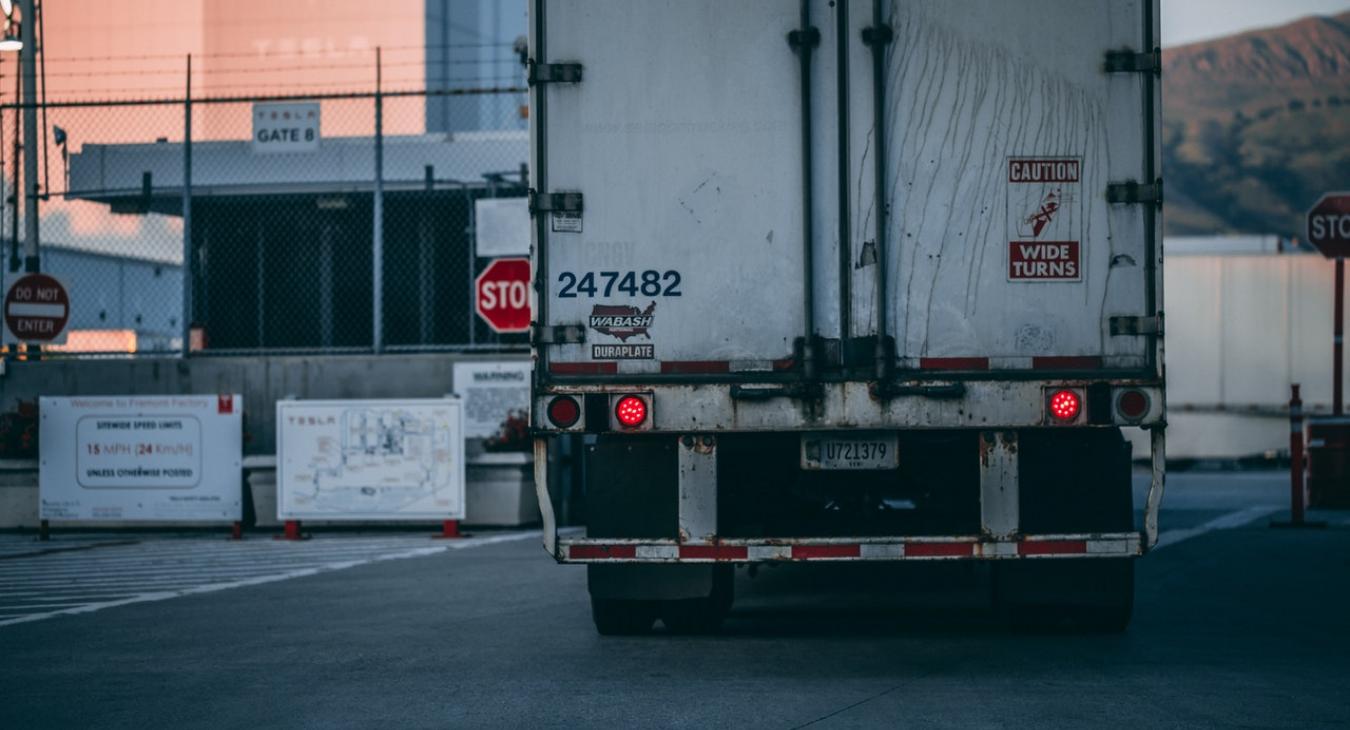On 11 October, the European Parliament and the Council came to an agreement on the Commission's second proposal to broaden the list of recognised cancer-causing chemicals in the workplace. Eight additional substances will be covered by the Carcinogens and Mutagens Directive, including diesel engines exhaust emission (DEEE) in workplaces. The European Trade Union Confederation has welcomed the announcement.
The binding occupational exposure limit (BOEL) for DEEE will be set at 0.05 mg/m³. It will be calculated on the basis of elemental carbon. A transition period of two years will apply to all sectors with an additional five years applying to underground mining and the construction of tunnels.
'the compromise is a victory for the European trade union movement. It is step forward in our long-standing and on-going battle for eliminating work-related cancers but existing EU legislation still needs many improvements. One of the important challenges is to include reprotoxic substances. We urge the Commission to propose a legislative initiative in 2019", has commented Esther Lynch, the ETUC Confederal Secretary dealing with health and safety at work.
The decision will affect 3,6 million workers in the EU and prevent at least 6 000 deaths per year from lung cancer.
The agreement will be submitted to the Council's Permanent Representatives Committee (Coreper) for approval. Once the Member States' Permanent Representatives confirm the agreement, it will be subject to a vote by the plenary of the European Parliament.

